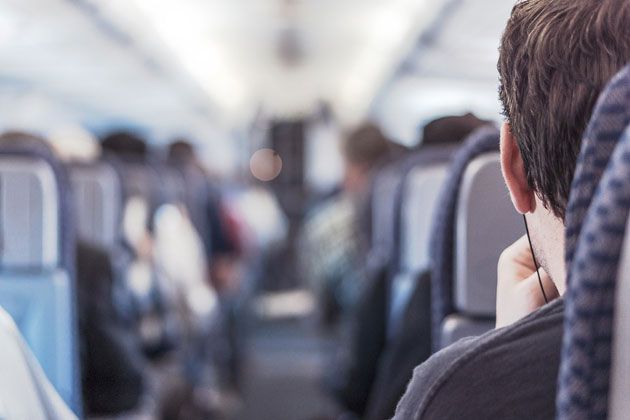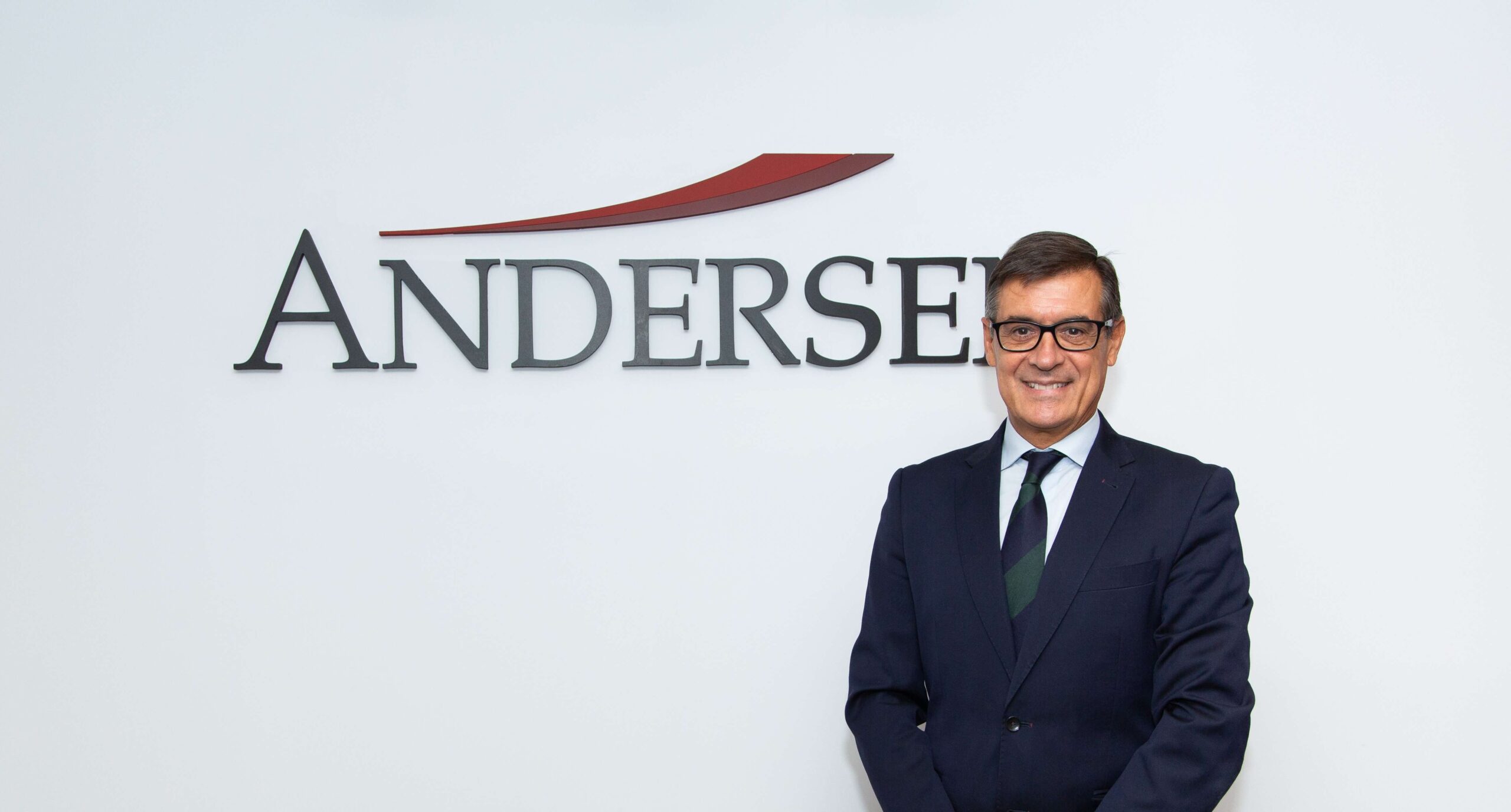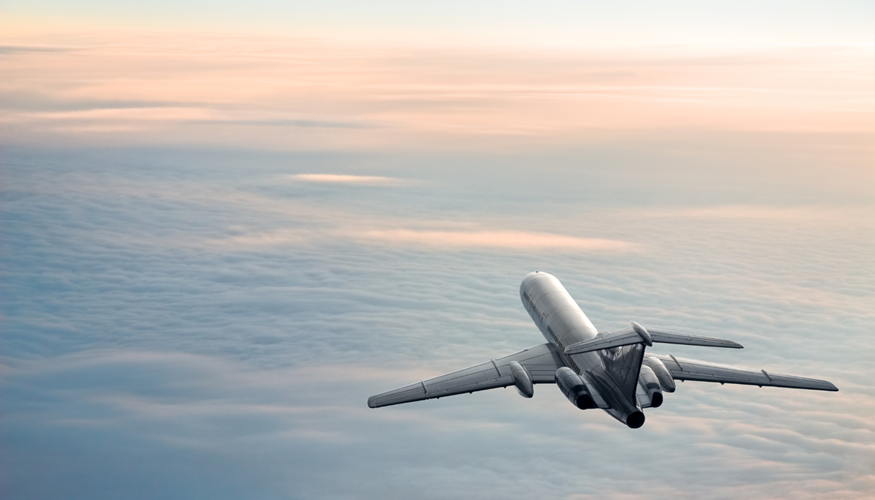A pesar de lo mucho que se habla sobre la «experiencia del cliente», parece que en el mundo de los viajes, los proveedores turísticos terminan por comportarse de una forma bastante similar. Es lo que perciben los propios viajeros: no hay grandes diferencias para preferir unas marcas a otras, de modo que el precio se mantiene como un factor crítico.
Esto es lo que refleja el Barómetro Turístico de Brain Trust, que ha estudiado los atributos que los viajeros españoles valoran a la hora de elegir una marca turística, sea en el segmento de hoteles, en el de agencias de viajes, aerolíneas, etc. Angel García Butragueño, responsable de la División de Turismo y Ocio de Brain Trust Consulting Services, anima a los proveedores turísticos a tomar en cuenta el pensamiento de los clientes. «Los proveedores deben escuchar lo que dicen los clientes y trabajar su imagen de marca y notoriedad, sus atributos, sus estrategias de comunicación y comercialización, en definitiva, su ‘Experiencia de Cliente’, si quieren posicionarse como líderes en un entorno de nuevos modelos de negocio», apunta. Un entorno en el que, además, las maneras de relacionarse con los clientes se han transformado de manera radical.
Una agencia de viajes ideal
Hoy, sólo uno de cada cinco viajeros acude a una agencia de viajes presencial para organizar su viaje, con una tendencia descendente, siendo los mayores de 50 años y la franja social media y media-baja, los más proclives a utilizar sus servicios. En este sentido, los viajeros que acuden a una agencia lo hacen en un 34% de los casos por seguridad, fiabilidad y garantía, mientras que un 25% lo hace por comodidad, entendida ésta como la posibilidad de ofrecer el viaje todo resuelto.
Por el contrario, entre aquellos que no usan agencias presenciales, el 35% piensa que contratar a través de éstas es más caro, mientras que un 28% cree que es menos cómodo, en especial debido a su poca accesibilidad y usabilidad online y a sus horarios limitados.
Las agencias de viaje online
El crecimiento de las OTA’s sigue su curso, y son los jóvenes y las franjas sociales alta y media-alta los principales usuarios de las mismas. En este caso, la relación calidad/precio es aún más importante que en el caso de las agencias presenciales, al igual que las ofertas especiales y/o descuentos. Los viajeros buscan en este tipo de empresas una más amplia gama de productos, y una accesibilidad y navegación que permitan una mejor experiencia de cliente, tanto en el entorno web como en el entorno móvil.
El Barómetro Turístico Brain Trust muestra que la falta de confianza sigue siendo una barrera para los viajeros a la hora de utilizar una OTA, mientras que la comodidad de poder gestionar el viaje desde cualquier sitio y en cualquier momento continúa siendo lo más valorado por los usuarios.
La línea aérea preferida
Brain Trust apunta que la seguridad es la característica más buscada por los viajeros en una línea aérea, por delante de la buena relación calidad/precio. Igualmente, valoran que los precios sean claros y sin letra pequeña, y que no haya engaños cuando se realiza una reserva, es decir, que la tarifa ofrecida inicialmente no sufra variaciones y aclare los servicios que incluye, y que no haya sorpresas de última hora, como el incremento de la misma según se pague o no con tarjeta, cargos adicionales por el equipaje, etc. La puntualidad aparece junto a la comodidad como otro de los aspectos tenidos en cuenta por los viajeros españoles.
El hotel mejor valorado
En cuanto al alojamiento, los viajeros valoran ante todo la limpieza, por delante incluso de la relación calidad/precio. Otros aspectos que los clientes buscan en un hotel ideal son las habitaciones amplias y cómodas, la ubicación según las necesidades, y por último el acceso a la tecnología (wi-fi, móvil), que lógicamente tiene mayor importancia para las generaciones de viajeros jóvenes… y no sólo para los millenials.
Qué se busca en un coche de alquiler
Por último, la encuesta de Brain Trust arroja datos importantes sobre la marca ideal de rent-a-car, siendo el precio la única variable que se busca ante la oferta poco diferencial de las compañías de alquiler de vehículos. La flexibilidad en la recogida y entrega del coche, unos seguros completos y sin letra pequeña, y menos burocracia en los contratos, son otros temas que deben ser revisados para lograr alcanzar el reto de ser la marca ideal.
Ver publicación en Expansión









